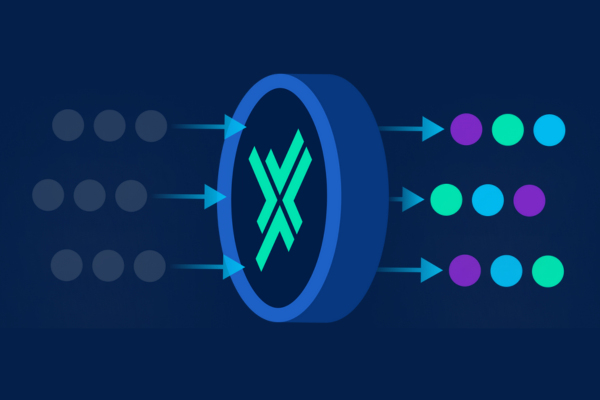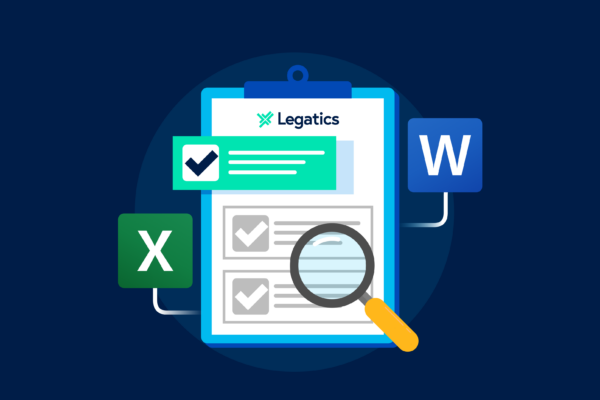As the legal industry continues to evolve in its pursuit of efficiency and cost-effectiveness, many law firms have established internal low-cost centers to handle certain legal processes. Having spoken recently with numerous firms at Legal Week in New York City and through our customer success team’s visits to a number of these low-cost centres, I’ve gained valuable insights into this growing trend.
The rise of low-cost legal centers
Law firms across the globe are establishing operations in locations where overhead costs are significantly lower while talent remains high. In the United States, we’ve heard of firms that use or are considering West Virginia, Salt Lake City or Phoenix, while UK firms frequently leverage Belfast for similar purposes. These centers aren’t just staffed with junior resources but also with talented lawyers, project managers and law graduates who bring valuable expertise to the table.
These operations have evolved beyond simple outsourcing to become specialized service providers within the larger firm structure. They offer specific “products” to their parent firms, such as comprehensive due diligence or running condition precedent (CP) processes from start to finish.
Cultural alignment as a priority
One notable pattern in this development is how firms thoughtfully select locations. Rather than simply choosing the lowest-cost regions globally, they prioritize cultural similarity and language compatibility. This strategic choice helps overcome potential communication barriers and ensures smoother collaboration between teams.
Despite these careful considerations, a fundamental challenge remains: these teams are physically remote from the main operations and are often working with new teams all the time. This separation and unfamiliarity can lead to communication gaps, difficulties in project management, and challenges in maintaining visibility into ongoing processes.
Technology as the bridge
This is where collaboration platforms like Legatics have proven invaluable. Our platform has been implemented by numerous firms specifically to address the unique challenges faced by distributed legal teams.
By providing a central source of truth for all stakeholders, Legatics eliminates the confusion and inefficiency of scattered information. The platform’s templating capabilities allow standardized workflows to be established, ensuring consistency across operations regardless of which team is handling the matter.
Perhaps most importantly, the “home” team gains unprecedented visibility into processes without the need for constant check-in calls or emails. Through an intuitive dashboard, they can instantly assess status, identify bottlenecks, and make informed decisions about resource allocation.
Client experience benefits
The advantages extend beyond internal operations to client relationships as well. Legatics can effectively mediate interactions between the low-cost center and the client when desired, ensuring a consistent experience regardless of which part of the firm is handling the work.
Additionally, when firms choose to grant clients access to the platform, it creates a new level of transparency that clients increasingly expect. They gain real-time visibility into the progress of their matters, building trust and satisfaction even when work is being handled by a remote team they may never directly interact with.
Looking forward
As economic pressures continue to push firms toward innovative service delivery models, the integration of low-cost centers with sophisticated technology platforms represents a significant opportunity. The most successful implementations we’ve seen don’t merely view technology as an add-on but as a fundamental enabler of this distributed working model.
By embracing both the human and technological aspects of this transformation, forward-thinking firms are creating systems that deliver high-quality legal services at competitive price points while maintaining the collaboration and visibility that clients and internal teams require.


 Anthony Seale , CEO
Anthony Seale , CEO 




